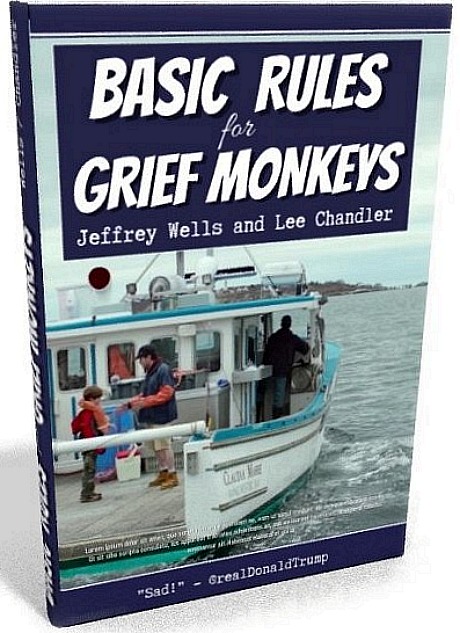In David Frankel‘s emotionally cloying Collateral Beauty (Warner Bros. 12.16), Will Smith plays Howard Inlet, a New York ad agency co-owner in a state of acute grief over the cancer death of his young daughter.
Inlet is holding onto grief as a way of keeping his daughter “with” him, in a sense. But he isn’t just engulfed in sadness — his grief is theatrically grandiose, even tedious. There’s a moment when Inlet pedals his bike directly into oncoming Manhattan traffic, and it doesn’t just scream “go ahead, kill me, I don’t care!” — it also announces “this, ladies and gentleman, is what suicidal nihilism looks like in a Hollywood grief movie.”

Initially Inlet’s shutdown is very sad and understandable until you’re told that he’s been living in his grief hole for two years. I bailed on Collateral Beauty after 50 minutes or so, but I emotionally left when I heard Ed Norton‘s Whit Yardsham mention how long his business partner has been under.
There’s no hard and fast rule about grieving (although psychologists have written about how long it tends to last, obviously depending on the circumstances) but there’s a general notion that it can last anywhere from a few weeks to a few months, and as much as a year if you’ve really been walloped hard. But two years is too much. It just is. And eff this movie for throwing Will Smith‘s mope-a-dope into my lap.
I’m not saying people forget the sadness of losing a close family member or a beloved pet (that never leaves you) or that, like Casey Affleck‘s character in Manchester By The Sea, they won’t feel permanently wrecked on some level. But life’s natural ebb and flow gradually persuades even the hardest-hit to shake it off and move on as best they can.
Sitting in an apartment and barely sleeping and walking around like a zombie for two years (as Smith does in Collateral Beauty) isn’t grieving — it’s mediocre screenwriting.
Nobody ever went through a more traumatic death experience than Jackie Kennedy, but she gradually emerged from her post-Dallas grief in less than a year’s time, or so I’ve read. The late Robert Kennedy became a ghost after his older brother was assassinated, but nine months later he’d announced his candidacy for a New York Senator.
From a Care pages piece on grief by Linda Foster, MA:
“Some people will recover from bereavement in a matter of weeks or months, and some may take up to a year or so,” says Dr. Edison Houpt, a grief expert based in Pasadena. “Sociable extroverts recover more quickly than introverts do.”
Grief “becomes abnormal when it’s prolonged and persistent, or when its symptoms worsen,” Foster writes. Dr. Houpt, she points out, “does not generally diagnose a grieving person with depression unless he has been mourning for more than three months” or “if there are serious symptoms of major depression or psychotic depression.”












